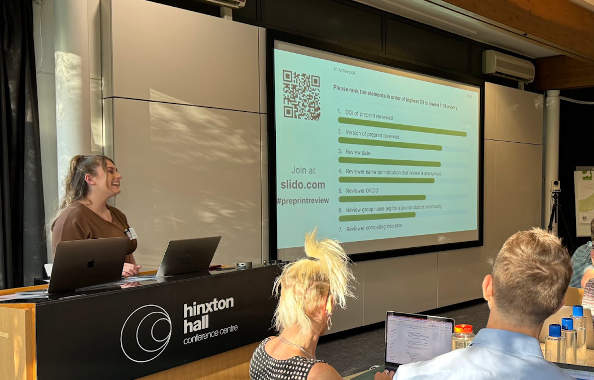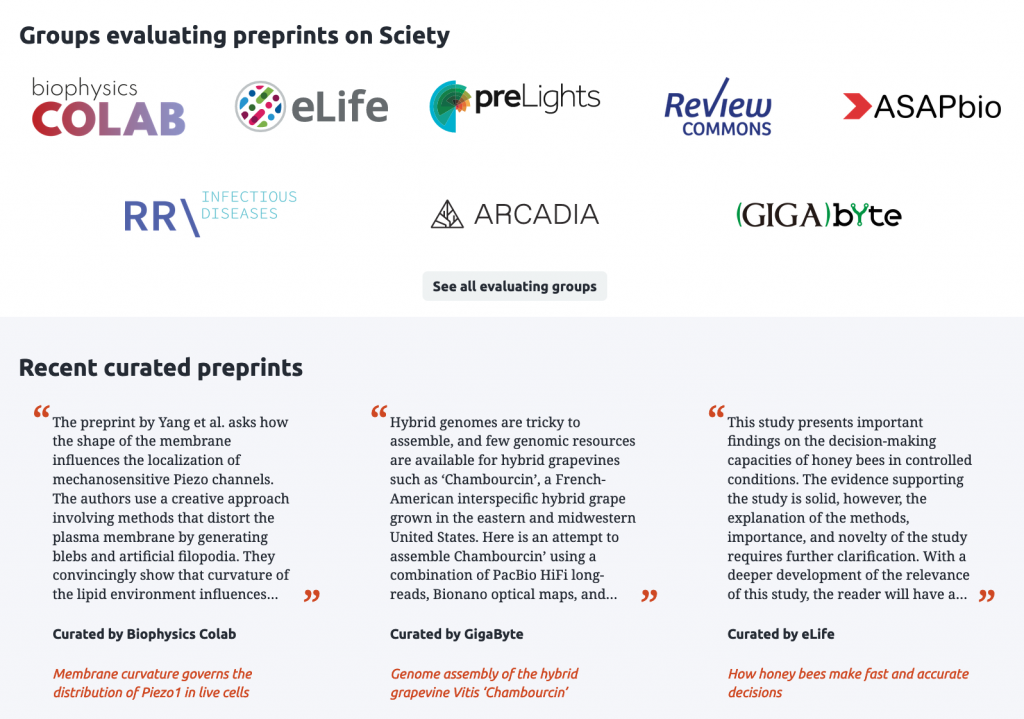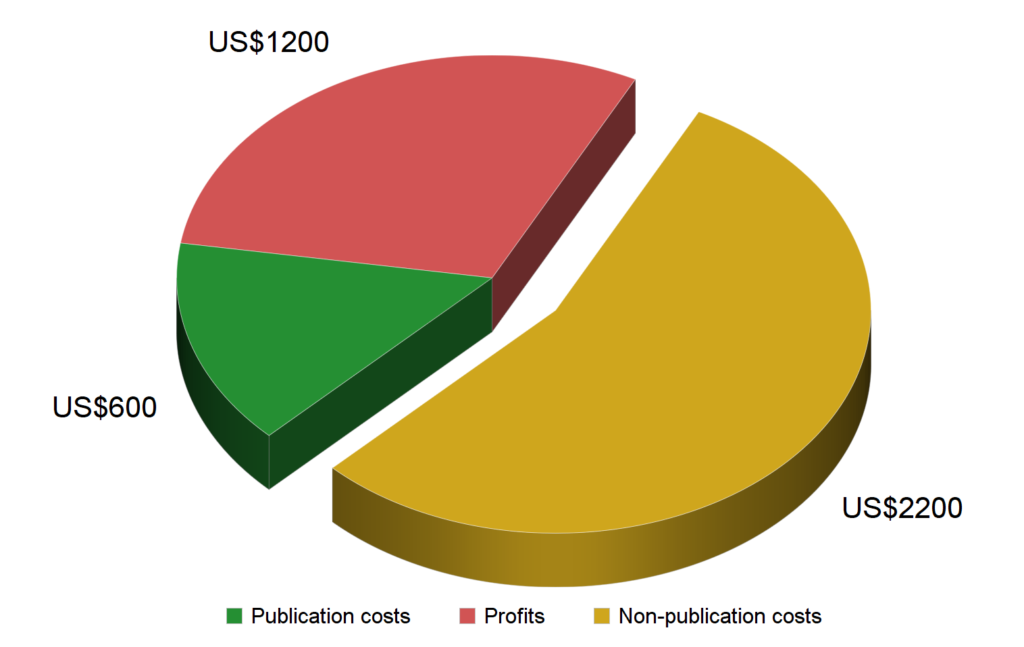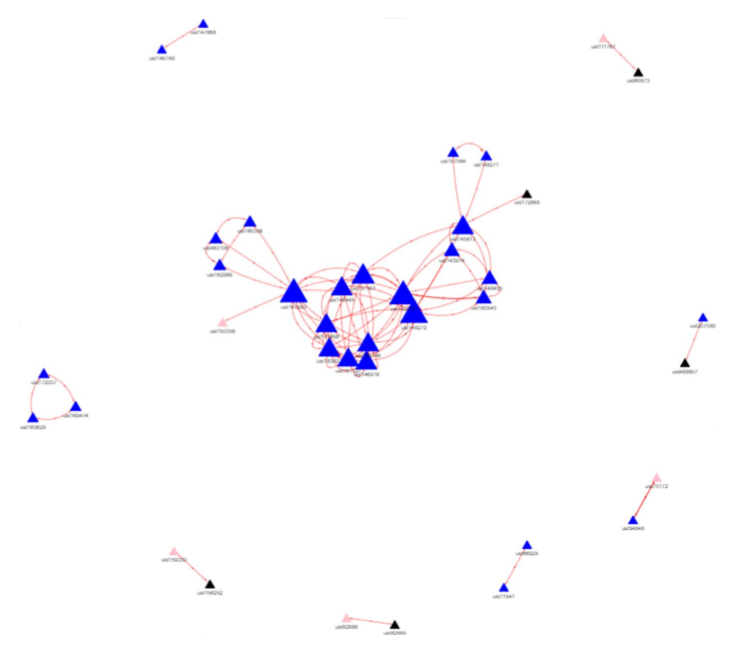
It’s 1 January 2021. Dozing in bed, floating in that warm & fuzzy limbo between dreams and reality, and that’s where it hits him. That lightbulb moment. (At last!) He sits bolt-upright in bed, punches the air and shouts: “You know what, honey, I’m gonna start a papermill!”. She snorts awake; reluctantly conscious. Oh no. Not again. Not another hare-brained scheme… “…and, by the end of next year, we’ll publish 20,000 fake papers!”.







